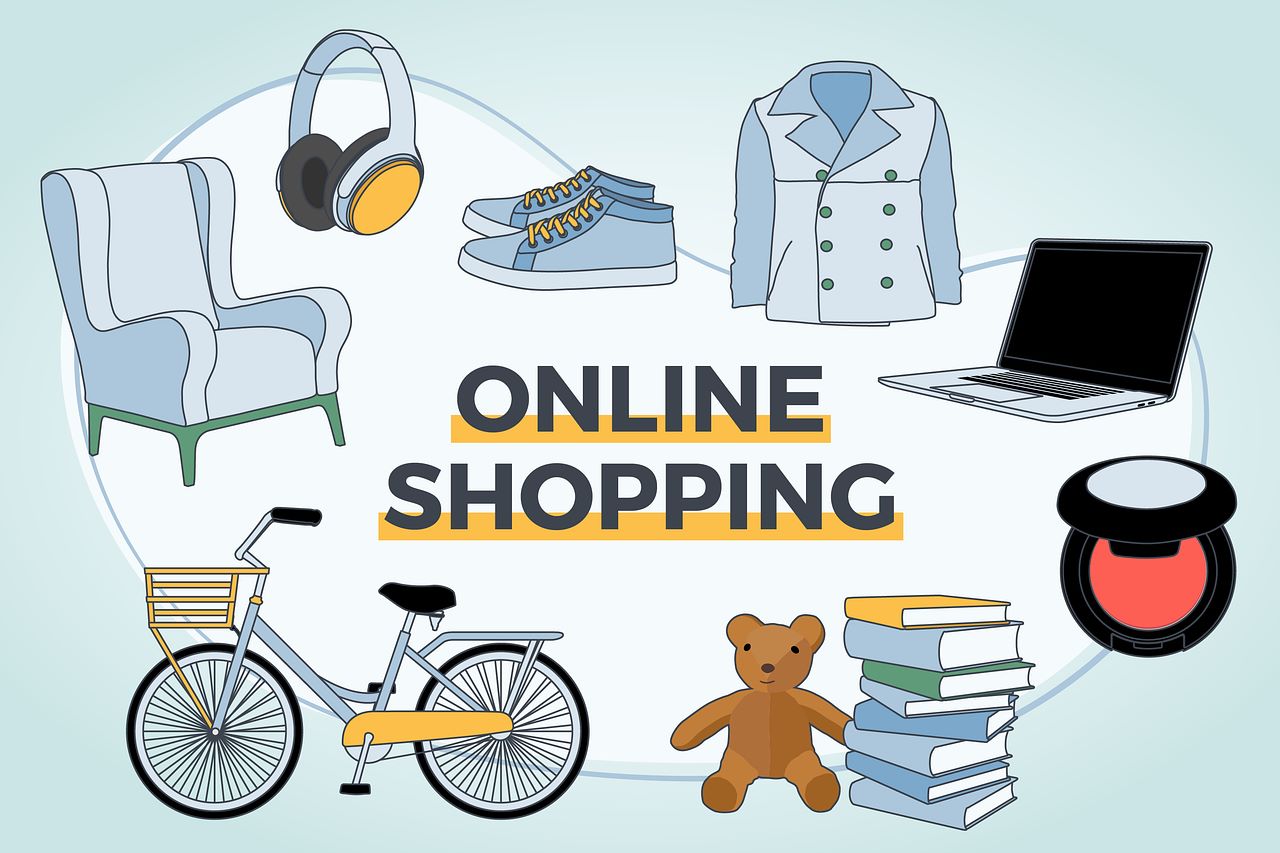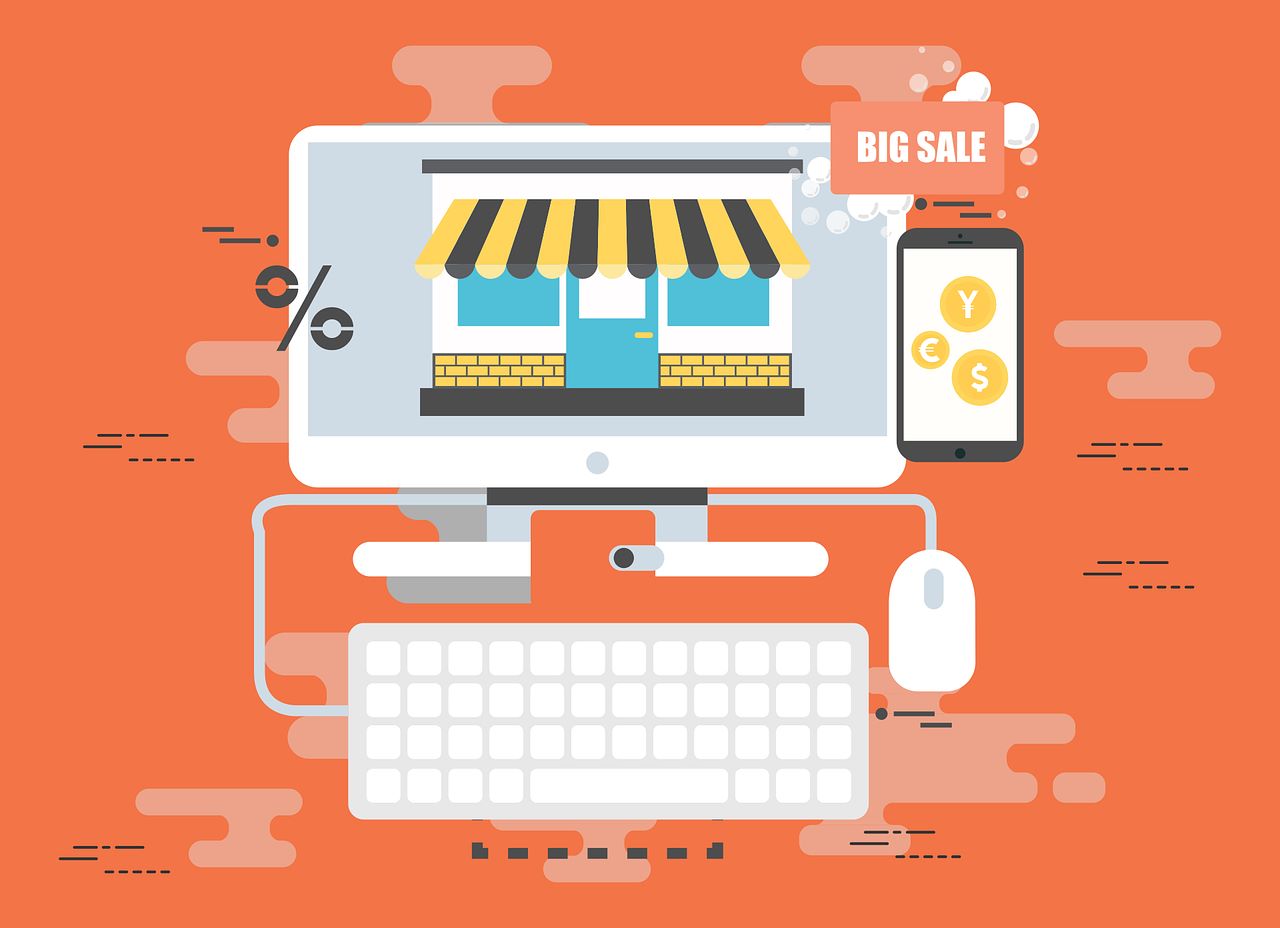Subscription Services: Revolutionizing Retail with Dollar Shave Club and Birchbox
Introduction
Subscription services have fundamentally transformed the retail landscape, offering a unique blend of convenience, personalization, and surprise that caters to the modern consumer’s desires.
Two pioneers in this space, Dollar Shave Club and Birchbox, have set industry benchmarks for how subscription models can create value for both businesses and customers.
This section explores the strategies employed by these companies, their impact on the retail experience, and the lessons learned for e-commerce entrepreneurs.
Dollar Shave Club: Disrupting Personal Care
Strategy:
- Direct-to-Consumer Model: Dollar Shave Club launched with a simple proposition: high-quality razors delivered to your door at a fraction of the cost of retail brands. This direct-to-consumer approach cut out the middleman, offering convenience and cost savings.
- Brand Personality and Marketing: Leveraging humorous and viral marketing campaigns, the company quickly built a strong brand identity. Its approachable and relatable messaging resonated with a broad audience, driving rapid growth.
- Customer Experience Focus: Beyond the initial product offering, Dollar Shave Club expanded its range to include a variety of grooming products, all while maintaining a focus on customer experience and satisfaction.
Impact:
- Market Disruption: By addressing common customer pain points such as overpriced razors and inconvenient shopping experiences, Dollar Shave Club disrupted the traditional personal care market.
- Community and Loyalty: The brand cultivated a loyal community through engaging content, excellent customer service, and a subscription model that prioritized customer convenience and value.
Birchbox: Personalizing Beauty Retail
Strategy:
- Curated Discovery: Birchbox introduced a novel way to discover beauty products through a monthly subscription box of sample-sized products tailored to the user’s preferences. This model allowed customers to try new products risk-free.
- Data-Driven Personalization: Utilizing customer data and feedback, Birchbox continuously refined its personalization algorithms to improve the relevance of the products in each box, enhancing the customer experience.
- Path to Full-Size Purchases: By allowing customers to purchase full-size versions of the products they loved directly from the Birchbox website, the company created a seamless bridge between discovery and purchase.
Impact:
- Changing Consumer Behavior: Birchbox’s model encouraged a shift in how consumers discovered and purchased beauty products, prioritizing personalization and experimentation.
- Growth of the Subscription Box Model: Birchbox’s success inspired a wave of subscription-based services across various industries, highlighting the model’s potential for scalability and customer engagement.
Lessons for E-commerce Entrepreneurs
- Understand Customer Needs: Both companies succeeded by addressing specific consumer needs—convenience, cost-saving, personalization, and discovery.
- Leverage Data for Personalization: The effective use of customer data can significantly enhance the personalized shopping experience, driving engagement and loyalty.
- Build a Strong Brand Identity: A relatable and engaging brand identity can help differentiate your offering in a crowded market.
- Flexibility and Adaptation: The willingness to expand product offerings and adapt to customer feedback is crucial for sustaining growth in the subscription model.
The success stories of Dollar Shave Club and Birchbox underscore the potential of subscription services to revolutionize traditional retail sectors.
By focusing on customer-centric strategies, leveraging data for personalization, and maintaining a strong brand identity, e-commerce businesses can tap into the growing demand for curated and convenient shopping experiences.
Marketplace Platforms: Empowering Entrepreneurs through Etsy and Shopify
Introduction
The digital age has ushered in innovative e-commerce models that have democratized access to global markets for small businesses and individual entrepreneurs.
Marketplace platforms like Etsy and Shopify stand out for their transformative impact on the retail landscape, enabling sellers to reach customers worldwide with ease.
This segment explores how these platforms have redefined business opportunities for small-scale sellers and the key factors behind their success.
Etsy: Crafting a Niche Market
Strategy:
- Niche Focus: Etsy carved a unique niche by focusing on handmade, vintage, and craft supplies. This differentiation helped establish Etsy as a go-to destination for consumers seeking unique and personalized items not available on traditional e-commerce platforms.
- Community Building: Etsy’s emphasis on building a community of creators and buyers fosters a sense of belonging and loyalty. The platform encourages interactions between sellers and customers, creating a vibrant marketplace ecosystem.
- Seller Empowerment: Etsy provides tools and resources to help sellers set up their shops, market their products, and manage their sales. This support system makes it easier for individuals with little to no business experience to start and grow their online presence.
Impact:
- Market Expansion for Handmade Goods: Etsy has significantly expanded the market for handmade and vintage goods, making it possible for artisans and crafters to pursue their passions as viable businesses.
- Sustainable and Ethical Shopping: The platform has also tapped into growing consumer interest in sustainable and ethical shopping, highlighting the stories behind the products and the people who make them.
Shopify: Enabling Custom E-commerce Solutions
Strategy:
- Comprehensive E-commerce Platform: Shopify offers a robust platform that allows businesses of all sizes to create custom online stores. It provides a wide range of tools and features for product management, marketing, payments, and shipping.
- Ease of Use: With its user-friendly interface, Shopify has lowered the barrier to entry for starting an online business. Entrepreneurs can set up and manage their stores with minimal technical expertise.
- Scalability: Shopify supports businesses at various stages of growth, from startups to large enterprises. The platform’s scalability ensures that businesses can expand their operations without switching to another system.
Impact:
- Entrepreneurship and Economic Growth: Shopify has empowered millions of entrepreneurs worldwide to start and grow their businesses, contributing to job creation and economic growth.
- Innovation in Retail: By continuously introducing new features and integrations, Shopify stays at the forefront of e-commerce innovation, offering businesses advanced tools to meet evolving market demands.
Lessons for E-commerce Entrepreneurs
- Identify and Serve a Niche Market: Platforms like Etsy show the value of focusing on specific niches, where personalized and unique product offerings can meet targeted customer needs.
- Leverage Technology to Empower Sellers: Shopify’s success underlines the importance of providing a comprehensive, easy-to-use platform that supports businesses at every growth stage.
- Foster a Sense of Community: Building a community around your platform can enhance customer loyalty and create a more engaged and vibrant marketplace.
Marketplace platforms like Etsy and Shopify have revolutionized the e-commerce landscape by empowering small businesses and individual entrepreneurs with the tools and reach previously reserved for larger entities.
By focusing on niche markets, fostering community, and providing scalable technological solutions, these platforms have not only enabled business success on an individual level but have also contributed to the broader digital economy’s growth.
Direct-to-Consumer (D2C): Revolutionizing Retail with Warby Parker and Casper
Introduction
The Direct-to-Consumer (D2C) model represents a significant shift in the retail landscape, allowing brands to bypass traditional intermediaries and engage directly with their customers.
This approach offers numerous benefits, including lower prices, enhanced customer experiences, and greater control over brand messaging.
Warby Parker and Casper are prime examples of how companies can leverage the D2C model to disrupt established industries and redefine consumer expectations.
Warby Parker: Disrupting Eyewear
Strategy:
- Affordable Pricing: By designing glasses in-house and selling directly to consumers online, Warby Parker significantly reduced the cost of eyewear, challenging the high price point set by traditional optical stores.
- Home Try-On Program: Understanding the need for customers to try on glasses before purchasing, Warby Parker introduced a novel Home Try-On program, where customers can select five frames to try at home for free, bridging the gap between online and physical retail experiences.
- Social Impact: For every pair of glasses sold, Warby Parker donates a pair to someone in need, resonating with consumers who value social responsibility.
Impact:
- Market Disruption: Warby Parker’s entry into the market challenged the dominance of traditional eyewear retailers and manufacturers, proving that high-quality glasses could be offered at a fraction of the price.
- Enhanced Customer Experience: The brand’s focus on customer service, from the Home Try-On program to engaging store designs, set new standards for the retail experience in the eyewear industry.
Casper: Innovating Sleep Solutions
Strategy:
- Simplified Product Offering: Initially launching with just one mattress model, Casper simplified the buying process in an industry known for overwhelming choice and complexity.
- Risk-Free Trials: Casper offered a 100-night risk-free trial, allowing customers to return the mattress for a full refund if not satisfied. This policy addressed the hesitation many consumers felt about purchasing a mattress online without first experiencing it in person.
- Content Marketing: Casper invested heavily in content marketing, creating engaging and informative content around sleep and wellness, which helped to build the brand as a thought leader in the space.
Impact:
- Changing Consumer Behavior: Casper’s success has shifted consumer behavior towards considering online purchases for items traditionally bought in-store, such as mattresses.
- Industry-Wide Innovation: Casper’s emphasis on customer experience and product innovation spurred similar initiatives across the mattress industry, raising the bar for competitors.
Lessons for E-commerce Entrepreneurs
- Customer-Centric Innovations: Both Warby Parker and Casper demonstrate the importance of innovative solutions that address common customer pain points, such as high costs and the inability to try products before buying.
- Brand Storytelling and Social Impact: Creating a compelling brand story and engaging in socially responsible activities can significantly enhance brand loyalty and customer engagement.
- Leveraging Online Channels for Direct Engagement: The D2C model’s success relies on effectively using online channels to communicate directly with consumers, gather feedback, and continuously improve the product and customer experience.
The D2C model, exemplified by Warby Parker and Casper, showcases how brands can disrupt traditional industries by directly engaging with consumers, offering competitively priced and high-quality products, and prioritizing customer experience.
For emerging e-commerce entrepreneurs, adopting a D2C approach offers a pathway to forge strong customer relationships, maintain control over brand messaging, and drive innovation in product offerings and marketing strategies.














